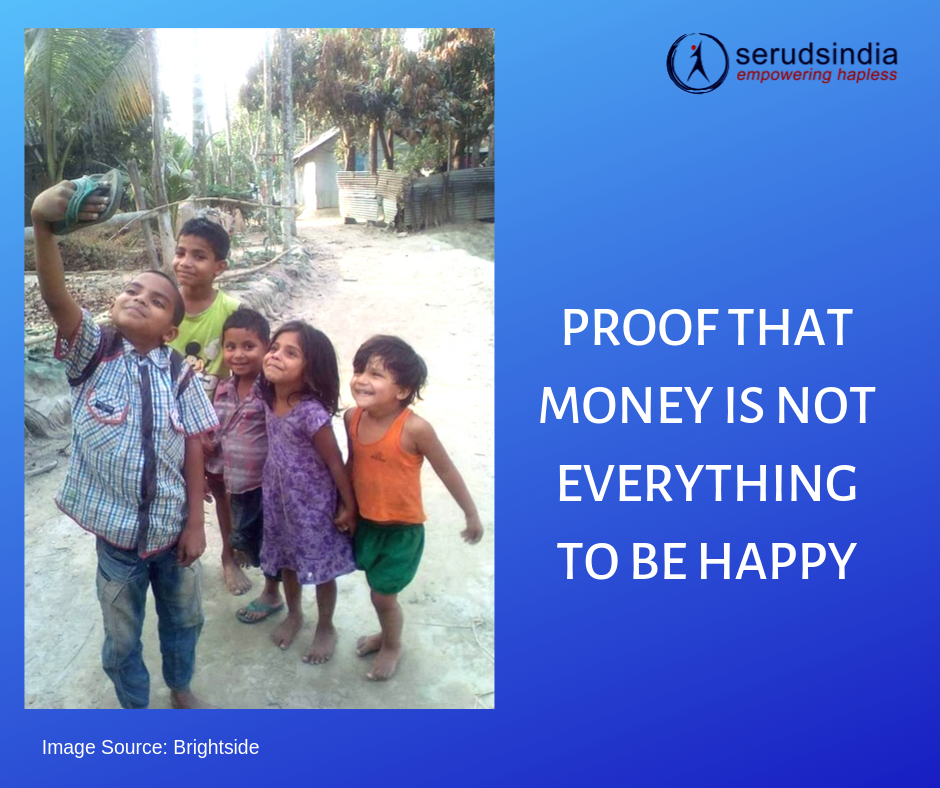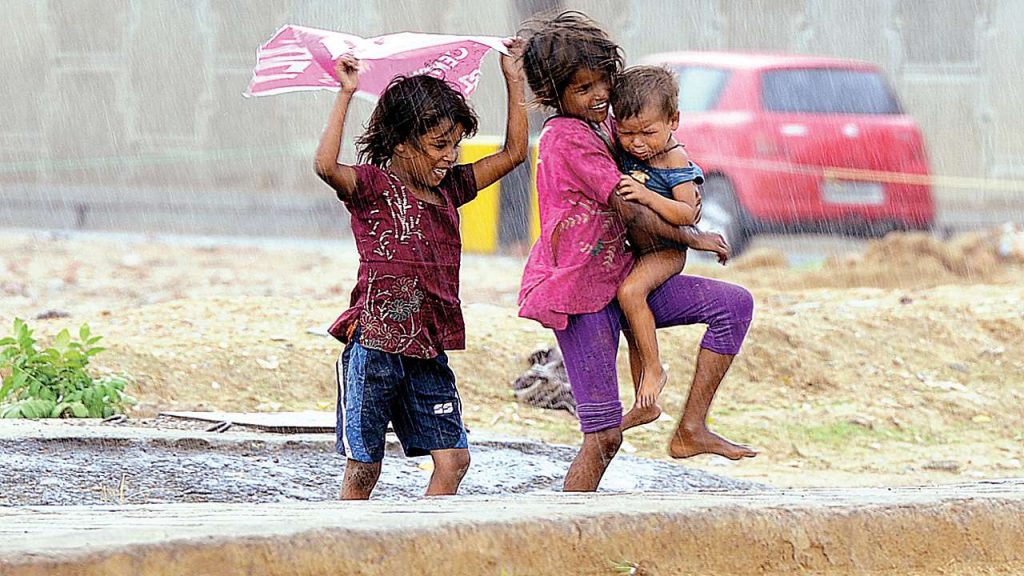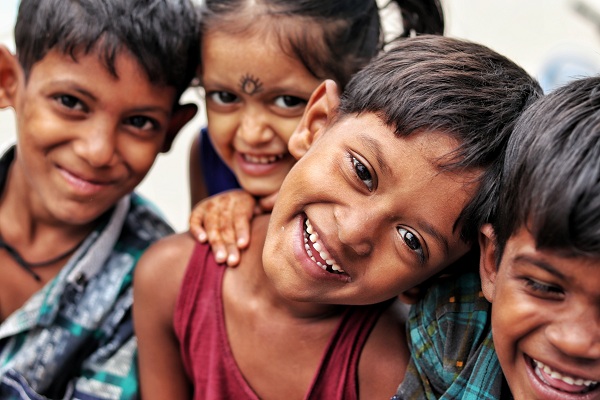SERUDS NGO for Children
How Individuals Can Support Street Children
FOREIGN DONORS – PAYPAL / Credit or Debit Cards Click Here
They’re often described as ‘invisible’. But anyone rushing through the busy roads of any metro cities in India could hardly help not noticing that child hawker pleading desperately to sell a sunshade, flowers, or something that is hardly in demand. While there is no recently published data, the UNICEF in the year 2000, estimated 18 million street children in India. These street children, often victims of poverty, neglect, and abuse, face unimaginable challenges every day. However, amidst the adversity, there is hope. Individuals, communities, and organizations can play a pivotal role in supporting these vulnerable children and providing them with opportunities for a brighter future.
Understanding the Challenges of Street Children:
Before delving into how individuals can help street children, it’s essential to comprehend the challenges they face. Poverty, family issues, lack of education, and societal neglect are among the primary factors that drive children to the streets. Once on the streets, they are exposed to various dangers such as exploitation, substance abuse, and violence. Additionally, many are forced into child labor, deprived of their right to education and a nurturing environment.

Ways to Support Street Children:
- Raise Awareness: One of the first steps in aiding street children is to raise awareness about their plight. Individuals can use social media platforms, organize awareness campaigns, and engage with their communities to shed light on the issues faced by these children.
- Support NGOs and Charities: Numerous non-governmental organizations (NGOs) and charities in India work tirelessly to uplift street children. By donating funds, volunteering time, or providing resources, individuals can contribute to the efforts of these organizations in providing shelter, education, healthcare, and vocational training to street children.
- Educate and Empower: Education is a powerful tool in breaking the cycle of poverty and providing opportunities for a better future. Individuals can support initiatives aimed at providing education to street children, whether through formal schooling or non-formal education programs. Additionally, vocational training programs can equip these children with skills to secure sustainable livelihoods.
- Volunteer as a Tutor: If you have time, consider offering basic literacy or skill-building lessons.
- Offer Shelter and Protection: If individuals come across a street child in distress, whether experiencing abuse, exploitation, or homelessness, it’s crucial to act swiftly. Contacting local authorities or child welfare organizations is essential to ensure the child’s safety and provide them with the necessary support and protection.
- Advocate for Policy Change: Individuals can advocate for policy changes aimed at addressing the root causes of child poverty and homelessness. By engaging with policymakers, participating in advocacy campaigns, and supporting legislative initiatives, individuals can contribute to creating a more conducive environment for the welfare of street children.
- Promote Rehabilitation and Reintegration: Rehabilitation and reintegration programs play a vital role in helping street children transition from life on the streets to mainstream society. Individuals can support initiatives that provide counseling, rehabilitation services, and support networks to help these children heal from their past traumas and reintegrate into society.
What to Do If You Come Across a Street Child in Difficulty
- Approach with Sensitivity: Approach the child with empathy and sensitivity, understanding that they may be wary of strangers due to past experiences.
- Assess the Situation: Assess the child’s immediate needs and the level of danger they may be facing. If the child is in immediate danger or distress, prioritize contacting local authorities or child welfare organizations for assistance.
- Offer Help: Offer the child assistance in accessing support services such as shelter, food, medical care, or counseling. Reassure them that they are not alone and that help is available. Avoid giving money directly. It might perpetuate begging.
Report Abuse or Exploitation: If you suspect that the child is experiencing abuse, exploitation, or forced labor, report it to the relevant authorities immediately. Child protection agencies and helplines are available to handle such cases and ensure the child’s safety. Do not intervene directly. Report it to Childline (1098) or the National Commission for Protection of Child Rights). They can investigate and provide support.
- Immediate Danger: If the child is in immediate physical danger, call the police (100) or take them to a nearby police station.
- Stay Involved: Follow up on the child’s situation and continue to offer support and assistance as needed. Building trust and providing ongoing support can make a significant difference in the child’s life.
Here are some child protection agencies and helplines in India where individuals can report cases of child abuse, exploitation, or any other concerns regarding the welfare of children:
Childline India Foundation
- CHILDLINE India Foundation (CIF) is the nodal agency of the Union Ministry of Women and Child Development for setting up, managing and monitoring the CHILDLINE 1098 service all over the country
- Helpline Number: 1098. CHILDLINE 1098 is a phone number that spells hope for millions of children across India. It is a 24-hour a day, 365 days a year, free, emergency phone service for children in need of aid and assistance
- Website: https://www.childlineindia.org/
- Email: dial1098@childlineindia.org.in
National Commission for Protection of Child Rights (NCPCR)
- For Online Complaint registration : eBaalnidan https://ncpcr.gov.in/ebaalnidan/
Bachpan Bachao Andolan (Save the Childhood Movement)
- BBA is a frontline anti-trafficking and anti-slavery grassroots movement in India, founded by Nobel Peace Laureate Kailash Satyarthi in 1980
- Complaint Cell – 1800 102 7222 (A 24×7 helpline for children dedicated for the prevention of child abuse)
- Website: https://bba.org.in/
- Email: info@bba.org.in
These organizations are dedicated to safeguarding the rights and well-being of children and provide various services, including counseling, rescue operations, rehabilitation, and legal assistance. Individuals can contact them to report cases of child abuse, exploitation, neglect, or any other concerns related to child protection.
Supporting street children in India requires a collective effort from individuals, communities, governments, and organizations. By raising awareness, providing support, advocating for change, and offering assistance to children in need, individuals can play a crucial role in improving the lives of street children and helping them realize their full potential. Together, we can create a more inclusive and compassionate society where every child has the opportunity to thrive.





